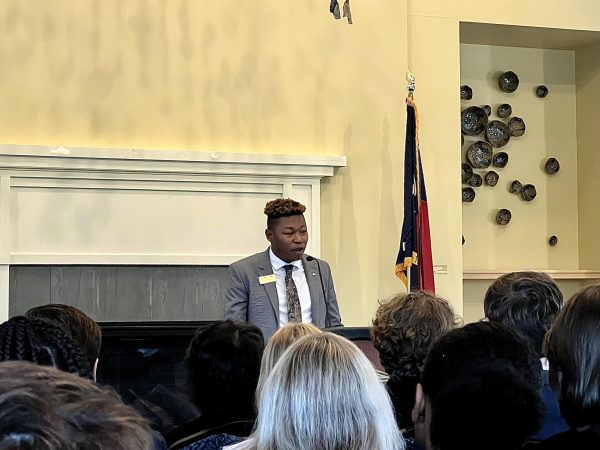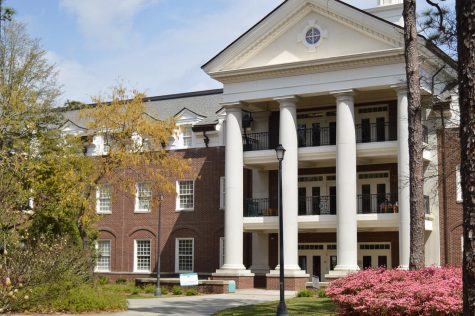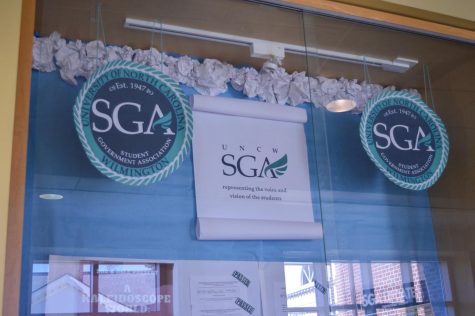OPINION: UNCW’s two-year residency program is expected, but still disappointing
With the news breaking that UNCW is going to require sophomores to live on-campus in addition to purchasing an All-Access meal plan, many underclassman students are understandably frustrated and disappointed. And why wouldn’t they be? Freshman students took a gamble attending UNCW during the pandemic, facing many challenges along the way. Now, they are suddenly faced with this requirement. The two-year residency program has the potential to further dissuade students from attending the university.
With this change, the University of North Carolina Wilmington will become the first UNC system university to implement what is likely the first in a trend of colleges requiring two years of on-campus residency. With the university making such a heavy investment in on-campus housing, it is hardly a surprise that they are looking to recoup what are major losses in revenue as a result of the COVID-19 pandemic.
Through this lens, it certainly makes sense on UNCW’s part to implement these controversial requirements. However, if other UNC schools don’t follow suit and change their residency requirements, UNCW will be at a distinct disadvantage compared to other universities, and may be the difference between a student choosing to attend or not.
In addition, with construction of Terrapin and Loggerhead Halls nearing completion, dorms marketed as “Sophomore Experience Halls,” it makes one wonder whether this decision was being considered before the pandemic even started. Construction of those dorms along with Pelican and Sandpiper Halls, a parking garage and a new dining facility, along with a swath of renovations make it certainly seem as though UNCW has had this move in the works presumably before construction began.
However, from the way residence life and UNCW officials have described it, we can extrapolate that this move was bound to happen now, regardless of the reasoning. UNCW’s housing and residence life director, Peter Groenendyk, claimed, “The university’s motivation for having a second-year requirement is similar to our motivation for having the one-year requirement, which is student success,” citing academic success and retention as key motivating factors in the universities ultimate decision, also mentioning the COVID-19 pandemic as an obvious reason as well for implementing the change.
While the change is certainly polarizing, this explanation does little to ease the concerns of those against the change. It would be one thing to say that the university needs extra funds to continue on their current path and thought this was the most responsible way to recoup funds. Though disappointing, it would at least make the university seem forthright and committed to getting back on track to the way things were before.
Yet with this reasoning, it seems that the university is prioritizing expansion over revitalization. If the university is being truthful in its reasoning, then it is only further backing up the idea that the pandemic merely expedited the decision, not informed it.
Though it was a difficult decision for the university to make, it feels as though this was a move for the sake of the university and not for the sake of the student. The COVID-19 pandemic has had an unquantifiable impact on our way of life, and campus life is certainly no exception. But justifying this decision under the guise of the pandemic, a legitimate contributing factor, when construction was started before it broke out leaves a disingenuous taste in the mouth, especially when UNCW’s pandemic response has otherwise been seen as a success.











